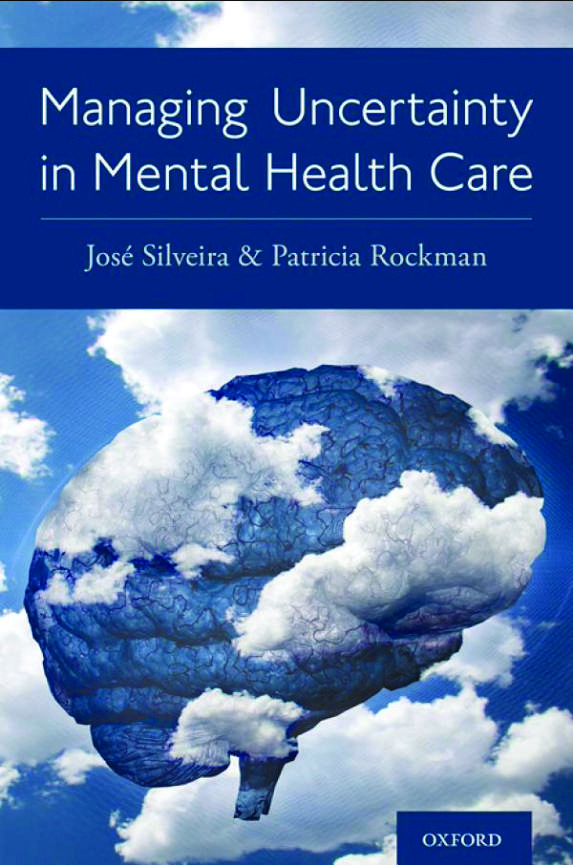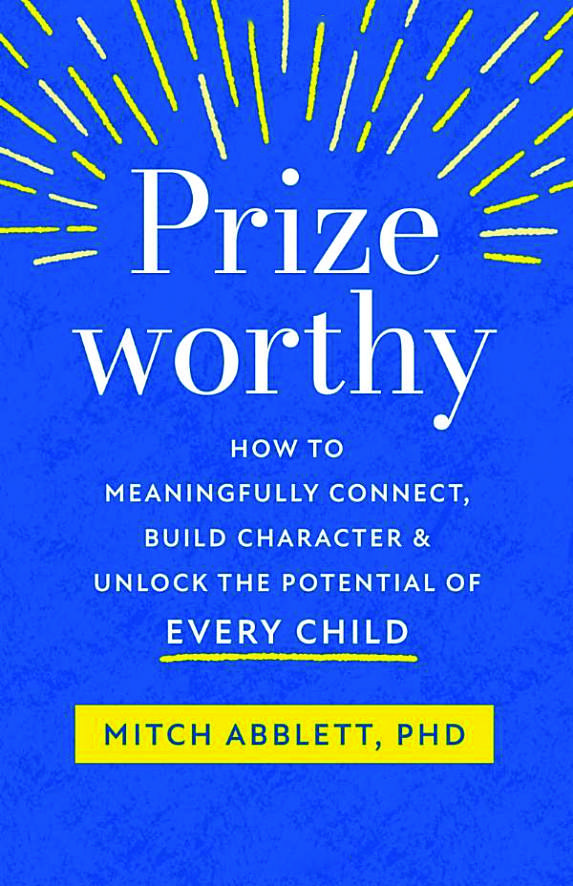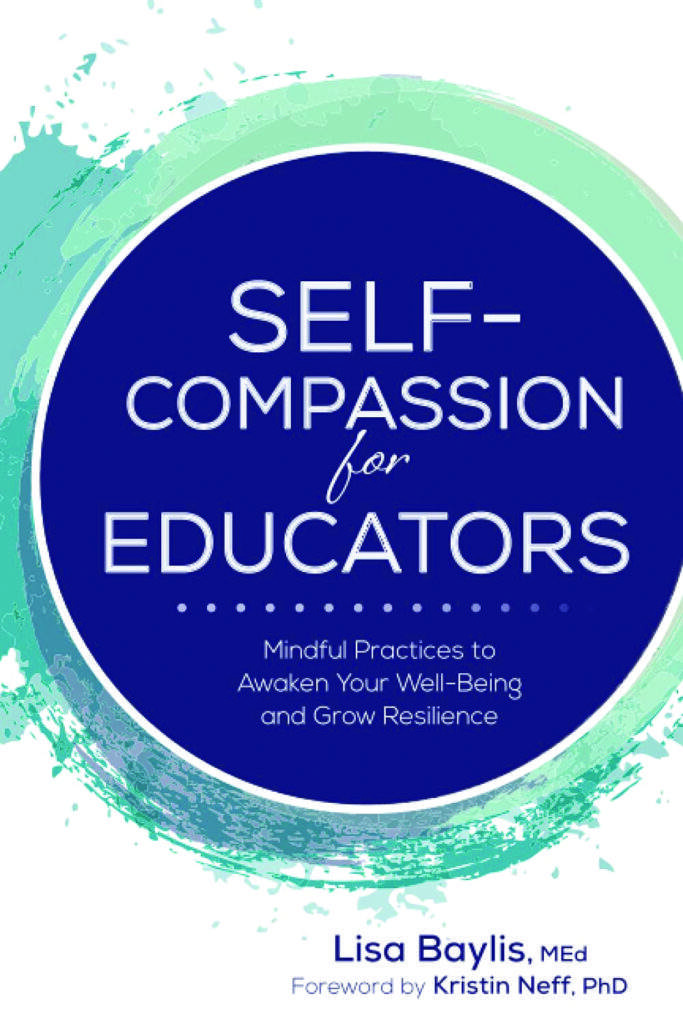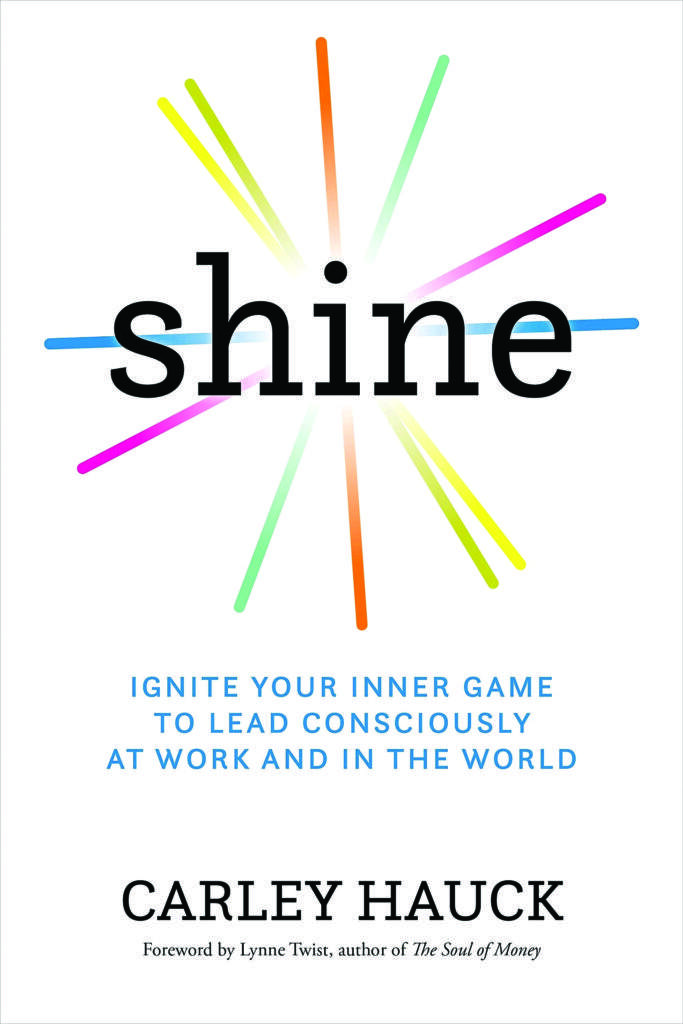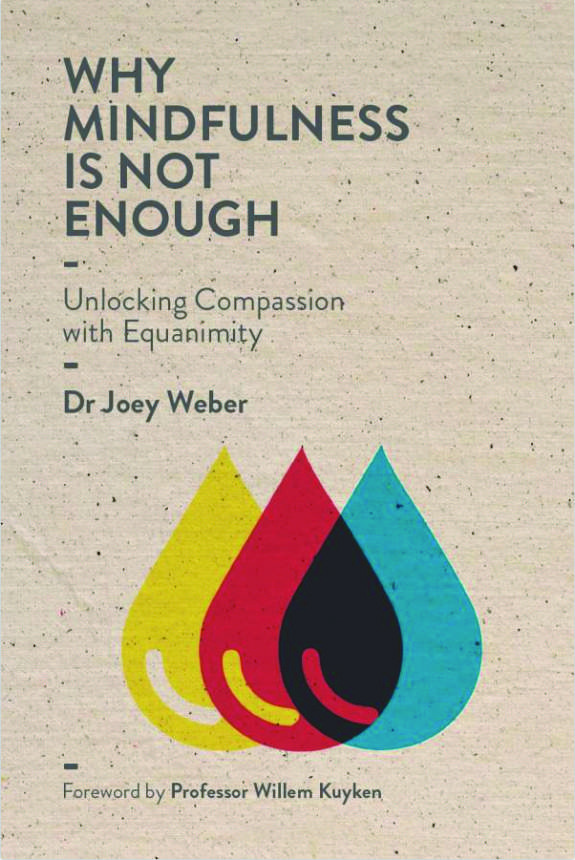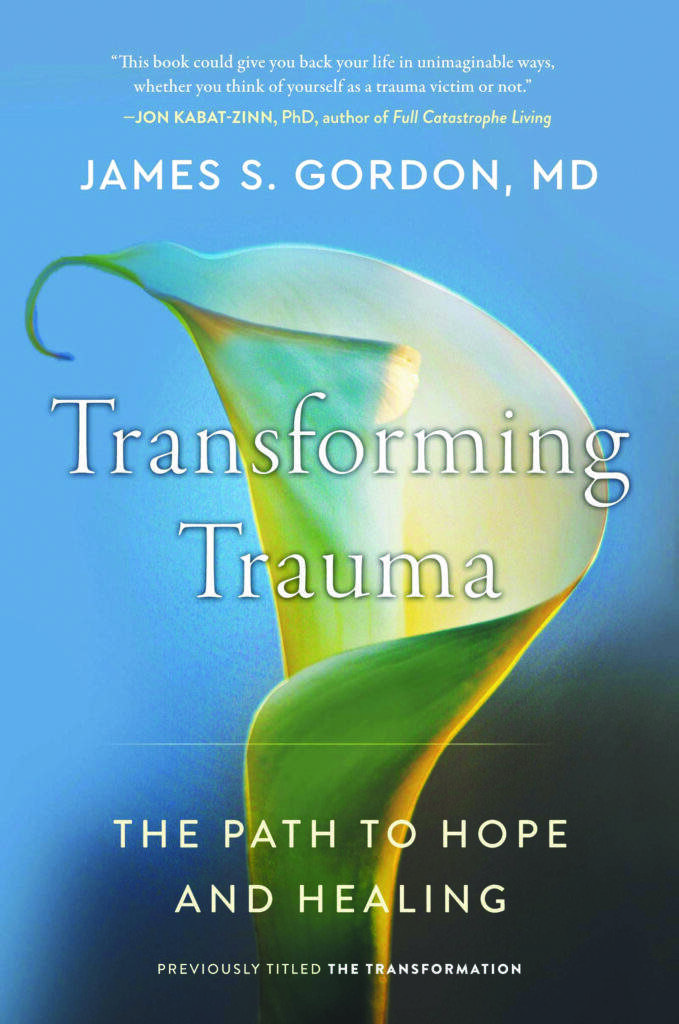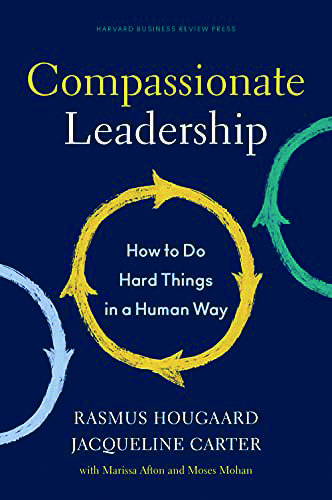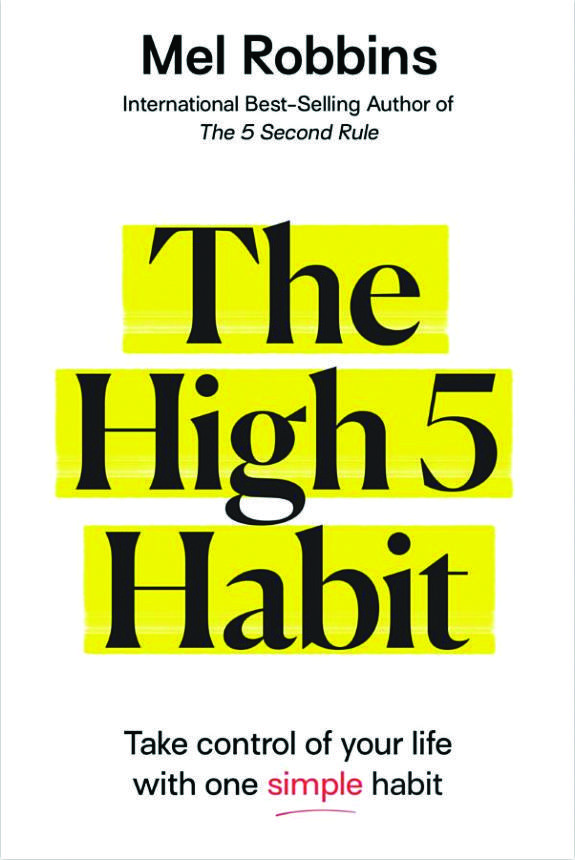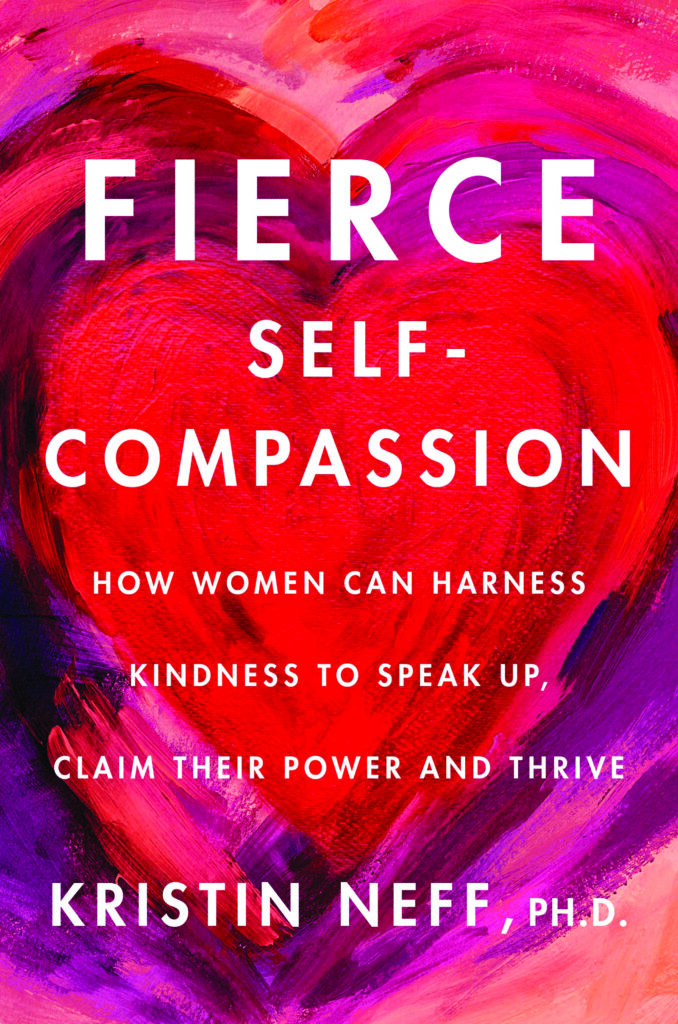11 Books to Read This Winter
1) Managing Uncertainty in Mental Health Care
This is an extraordinarily honest book about one of the hardest challenges we face: assessing and treating mental health problems and addictions. We’d like them reduced to a checklist of symptoms, diseases, and treatments. Hard enough with bones, organs, and blood vessels, but the mind is so intangible and perplexingly varied, determining what needs to be treated and how is a challenge of the highest order of complexity. Silveira and Rockman evince compassion from the first page, writing of patients “drowning in their distress…who sometimes draw others down with them.” They stress that clinicians treat not diagnoses but individuals, each of whom “experiences a unique journey that shapes their brain and mind into one of a kind” that “deviates from the script written from population studies.”
In other words, a clinician facing an individual may have to admit what they do not know—not what the world expects of “experts.” The authors liken the work to meteorology, where professionals’ conclusions emerge from wrestling with nature’s chaos. Like meteorologists, mental health clinicians try to impose order on disorder, and often create “narratives that are incomplete or wrong.”
A clinician facing an individual may have to admit what they do not know—not what the world expects of “experts.”
Given this sober assessment, what do the authors suggest? For one thing, they counsel the field to start with a little more humbleness, being honest about the fact that human beings have an overconfidence bias that causes us to overlook errors. If we admit to ourselves that we are going to make mistakes, the very admission will make us more mindful in our assessments. With this groundwork of realism laid, Silveira and Rockman go on to present a variety of ways errors and risks can be mitigated, leading ultimately to the greatest benefit and least harm for patients. –BB
2) Prizeworthy
How to Meaningfully Connect, Build Character, and Unlock the Potential of Every Child
This practical guide offers relatable insight and mindfulness practices to move toward a “mutually beneficial way of relating to children and teens” and to honor emotional pain and potential in children. Each section is aptly titled: On Your Mark, Get Set, and Go! as if readers are track athletes “running toward the prize in our kids.” Between actionable journal prompts to build “your mindfulness muscle,” and help kids develop compassion and courage, we’re treated to real stories from Abblett’s practice as a clinical psychologist and from his experience as a father. Each glimpse into moments of joy or struggle serves as a reminder that parenting is difficult—and the odd F-bomb might just slip when it comes time to put a toddler in a winter coat. –KR
3) Self-Compassion for Educators
Mindful Practices to Awaken Your Well-Being and Grow Resilience
Compassion is not built into the education system—a point Baylis highlights repeatedly when explaining the necessity of self-kindness in teachers’ daily routines. She’s a high school counselor, longtime educator, and Mindful Self-Compassion teacher, and all three professional facets shine in these pages. Baylis understands the juggling act of managing an overfull classroom and keeping kids engaged in the curriculum, all while navigating a pandemic and maintaining a life outside of work. Part personal story, part research, and part workbook, this is an engaging and heartfelt guide to embodying self-compassion, helping teachers reconnect to a sense of purpose and authenticity that serves both themselves and their students. –AWC
4) Burnout
The Secret to Unlocking the Stress Cycle
Emily and Amelia Nagoski examine the many ways burnout can show up—specifically for women—by following the lives of Julie, a teacher whose body retaliates under stress, and Sophie, an engineer who decides she is “not here for the patriarchy.” Their joyful “self-help”-type book explores how to complete the stress cycle and avoid burnout. Their advice isn’t prescriptive and doesn’t include cure-alls. Instead we’re presented with à la carte strategies and encouraged to try what feels best. Maybe that’s turning to the “Big Ol’ Cry” or to one of the book’s worksheets (like the Smashin’-Some-Patriarchy Worksheet). It may even be referring to the sections labeled tl;dr (too long didn’t read), packed with “ideas you can share with your best friend when she calls you in tears” and reminders that we’re not alone. –KR
5) Shine
Ignite Your Inner Game to Lead Consciously at Work and in the World
Carley Hauck is a Stanford business professor, mindfulness teacher, and founder/ Chief Love Officer of consulting firm Leading from Wholeness—so when she talks about mindful leadership, we listen. In Shine she skillfully illustrates that business can be a platform for positive global change, when leaders (that is, anyone inspired to create change, regardless of title) power up their inner game: “The inner game is your internal operating system—a set of skills that steadies you and strengthens your mind, body, and heart. A strong inner game supports the flow and release of your emotions and keeps you open, curious, and resilient,” asserts Hauck. First, readers are guided to hone self-awareness, emotional intelligence, resilience, love, well-being, and authenticity; Part 2 explores conscious communication, finally re-envisioning what our organizations can achieve by prioritizing not only profits, but people and planet. –AT
6) The Listening Path
The Creative Art of Attention
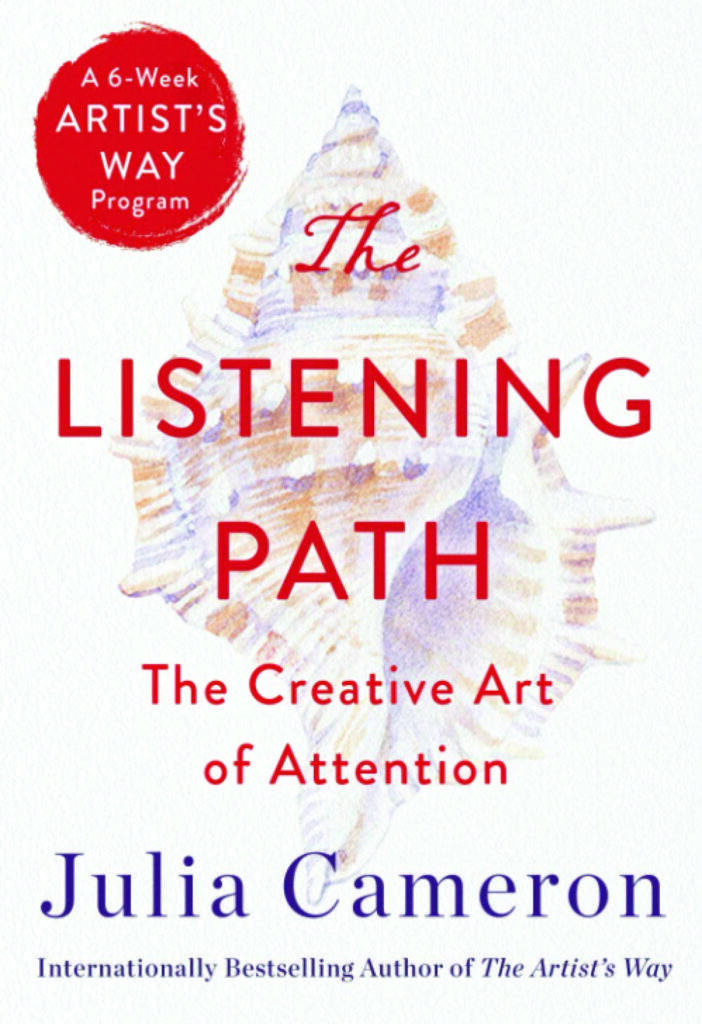
If you’ve enjoyed Julia Cameron’s motivational works—written for those keen to tap into creativity with consistency—The Listening Path offers a comfortable place to continue your journey. Here, Cameron reprises the main tenets of her hugely popular handbook The Artist’s Way, which offers three mainstays of a daily creative practice: morning pages, artist dates, and solo walking. To this backbone, she adds essays, personal stories, quotes, and exercises to help readers develop a practice of deep and active listening—a solid foundation for any artistic undertaking, and really, any interpersonal undertaking.
Organized as a six-week course in listening, the book steps readers through a listening practice that begins with simply tuning in to the sounds that surround us, and works through listening to others, to our inner knowledge,
and to silence, among other exercises. Parts of Cameron’s thinking may prove a bridge too far for some—there’s a week devoted to “Listening Beyond The Veil” in which readers are invited to connect with a deceased loved one by asking “May I hear from X?” and writing down what follows. Cameron sometimes leans slightly magical, and her occasional mentions of God may not work for every reader. Skeptical readers can choose to take what works, and leave the rest. With a plethora of prompts and exercises, there’s plenty in this guide for anyone who’s curious about the ways in which listening more and listening more deeply might yield benefits not only in creative pursuits, but in our lives and society. —SD
“We listen for our instincts, our hunches, our guidance—and perhaps we wish we could hear them more clearly and more often.”
Julia Cameron
7) Why Mindfulness is Not Enough
Unlocking Compassion with Equanimity
With this book, rooted in his PhD studies, Weber proposes equanimity is a distinct ingredient within a well-rounded mindfulness practice. “Equanimity brings a heightened sense of awareness towards our own biases and, in doing so, makes unconscious bias conscious,” he explains. In other words, when we’re not always getting waylaid in reactivity or self-centeredness, our perceptiveness and wisdom have room to grow. Weber also views equanimity as a bridge from present-moment awareness to the potency of compassion, even for the people you can’t stand. “Mindfulness is ethical by nature, and with equanimity it really enables people to work with themselves,” writes Weber. “This is a political act and an act of love.” Case studies and practical tips point our way to developing a more equanimous mindset, one of spaciousness, acceptance, and kindness. –AT
8) Transforming Trauma
The Path to Hope and Healing
Previously published as The Transformation in 2019, Dr. James Gordon’s handbook for recognizing and working with trauma has been recast for the COVID era. In a new preface to the book, Gordon writes that the notion that “trauma—injury to our mind, body, or spirit—comes sooner or later to everyone.” The rise of the COVID-19 pandemic brought that home in an undeniable way. Here, Gordon pitches that healing our trauma ultimately makes us more resilient and boosts our immunity. I can tell you that just reading the warm and welcoming table of contents made my shoulders relax away from my ears. Gordon writes from a deeply knowledgeable, deeply compassionate place, sharing case studies, offering practices, and making and holding space for readers to encounter, examine, and gain the tools to begin to heal their own trauma. –SD
9) Compassionate Leadership
How to Do Hard Things in a Human Way
A global pandemic left many of us lost and in a state of confusion, and for many leaders, guiding people through that time of confusion has been an unprecedented challenge.
The solution, according to co-authors Rasmus Hougaard (founder and CEO of Potential Project) and Jacqueline Carter (senior partner at the same), lies in compassionate leadership. In their new book, the duo offer insight into how you can lead by creating the perfect balance between compassion and wisdom. Through a series of examples and scientific research, Hougaard and Carter make a convincing argument for compassionate leadership that rivals the tough-love paradigm we’ve become accustomed to seeing. Whether you’re a manager or an employee, this book will help you bring humanity to the workplace, as well as helping you go out into the world with a little more kindness. –OL
10) The High Five Habit
Take Control of Your Life With One Simple Habit
Robbins sets the tone right away with a serious reality check. She asks, “How frequently do you cheer for yourself?” If your answer is “Not very often,” expect any reason for slacking on the self-support front to be thoroughly debunked in the following pages with an easy-to-read mix of science and personal anecdotes that keep the advice grounded in real life and, oftentimes, humor. From there, she follows up with hand-y tools (pun intended) to help the reader gain a sense of authentic self-compassion and encouragement. The whole “high five” thing? It’s not just metaphorical. Listen, just try to high-five yourself in the bathroom mirror without smiling and feeling a little bit encouraged. It feels awkward, goofy, joyful, and is the first step of a High 5 Habit. –AWC
11) Fierce Self-Compassion
How Women Can Harness Kindness to Speak Up, Claim Their Power and Thrive
If the term “self-compassion” brings to mind a sort of soft, solo wellness journey for increased self-kindness, expect this image to be vastly expanded upon finishing the first page of this book. Kristin Neff skillfully conveys just how powerful self-compassion can be, painting the picture of a movement that begins with each of us, is guided by awareness and empathy, and leads to liberation. But Neff doesn’t just tell us how it could be, she guides us there with research, mindfulness practices, and opportunities to reflect.
Neff is a professor of educational psychology, cofounder of the Mindfulness-Based Self-Compassion program, and author previously of Self-Compassion: The Proven Power of Being Kind to Yourself. Now, self-compassion is certainly for everyone, but this book is all about women. Neff presents self-compassion as a framework for women’s collective liberation from the limiting societal pressure to be always soft, nurturing, and tender. This is where fierceness comes in.
“Compassion is aimed at alleviating suffering— it’s the impulse to help, an active feeling of concern, the palpable instinct to care for those who are struggling.”
Kristin Neff
“Compassion is aimed at alleviating suffering—it’s the impulse to help, an active feeling of concern, the palpable instinct to care for those who are struggling,” she writes, and it has two sides: tender and fierce. The former harnesses that widely-accepted sense of nurturing while fierce compassion is all about action. When we practice both and turn them inward, these compassionate impulses can help us “protect ourselves, meet our needs, motivate change, and engage in the work of justice,” she writes. Neff guides us in an exploration of the full range of our experiences, paying special attention to anger and how we can learn to welcome it with kindness, mindfulness, and a sense of our shared humanity.
This book lands on shelves in the midst of a global pandemic that has disproportionately forced women out of jobs and into household labor, while our world faces crises like systemic racism, climate change, and struggling healthcare systems. Fierce Self-Compassion meets the moment by bridging the individual and the interconnected. The book offers us a rich journey of inward investigation and acceptance, while laying the groundwork for meaningful empowerment. —AWC
3 Podcasts to Shift Perspective
1) Turning Points: Navigating Mental Health
Epidsode: “Turning Toward Mindfulness”
“I can fall apart, I can feel everything fully, and I will be okay.” That’s how Deborah Johnson describes the deeply personal lesson she learned from her mindfulness practice. Host Frantzces Lys speaks to Johnson about healing from trauma and explores how mindfulness teachers can safely use trauma-informed practices with their students. Lys enlists the help of neuroscientist Jud Brewer and meditation teacher Tara Healey in this intimate conversation about mindfulness and mental health. Mindfulness “helps us relate to and engage with all of our lives,” Healey says. “It really gives us a way to work with our resistance to what is happening.” –KR
2) You’re Going to Die: The Podcast
Episode: “Our Tears Water a Heart That’s Been Too Dry”
In this candid conversation, mindfulness teacher and leader in the field of end-of-life care Frank Ostaseski alongside host Ned Buskirk explore grief, dying, and forgiveness. Ostaseski takes us back to some heartrending yet beautiful moments in his career, moments when words couldn’t permeate the grief people felt, so he didn’t speak at all. Sometimes what’s needed, he says, is simply presence and compassion. “When we see ourselves in each other, everything changes,” he says: a kind of empathy he wishes was normalized in healthcare professionals’ training, for the sake of caretakers and patients alike. This topic hits close to home for Ostaseski who recently experienced a series of strokes, which he speaks about publicly for the first time in this episode. –AWC
3) The Anxious Achiever
Episode: “Understanding Our Roots to Find the Path Forward”
As the child of immigrant parents, Anu Gupta always felt a little different…and a little anxious. Host Morra Aarons- Mele sits down with the CEO of BE MORE to discuss how sharing his story made him realize we’re all a little more alike than we realize. The pair discuss Gupta’s experience—from various educational institutions to living in NYC after 9/11—of feeling isolated not only from others, but from himself. They talk about the healing nature of therapy, and Gupta gets personal as he shares how he came to discover the fullness of who he is and celebrate that. –OL
read more
The Top 10 Guided Meditations of 2021
We’re taking a look back at some of our most popular guided meditations from the past year.
Read More
5 Gratitude Meditations to Fill Your Heart with the Joy of Giving Thanks
Here are five guided meditations to help you feel grateful for all things, both big and small.
Read More
How Stories Shape Us with Barry Boyce
Managing editor Stephanie Domet is joined by founding editor Barry Boyce for a personal conversation about stories and storytelling—a topic that has always been a pillar in both of their careers.
Read More



